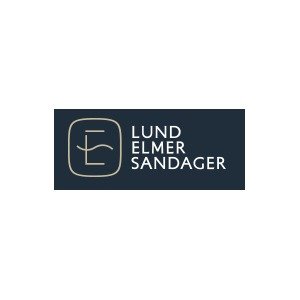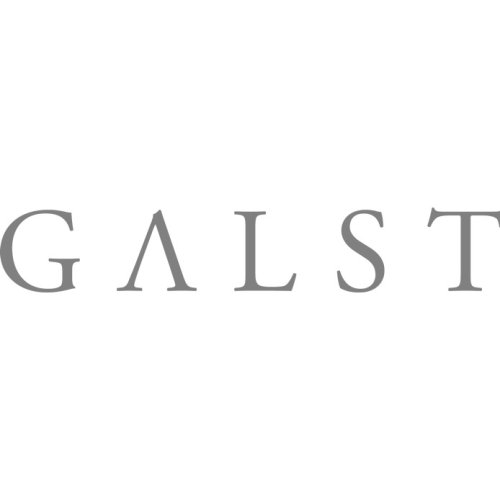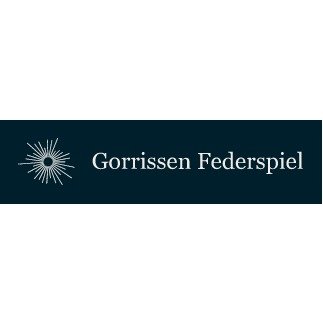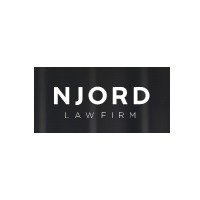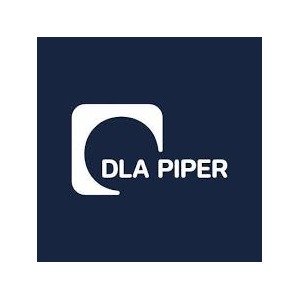Best Project Finance Lawyers in Copenhagen
Share your needs with us, get contacted by law firms.
Free. Takes 2 min.
List of the best lawyers in Copenhagen, Denmark
About Project Finance Law in Copenhagen, Denmark
Project finance refers to the structuring of long-term financing for large infrastructure or industrial projects, where repayment is primarily made from the cash flow generated by the project itself. In Copenhagen, Denmark, project finance is a popular model for funding developments such as renewable energy parks, public infrastructure, and large-scale real estate projects. The process usually involves multiple parties including sponsors, lenders, government authorities, and investors. Danish project finance law is influenced by both national statutes and European Union regulations, making legal expertise crucial in managing the legal landscape in Copenhagen.
Why You May Need a Lawyer
Engaging an experienced project finance lawyer is essential in several situations, including:
- Structuring finance for large infrastructural projects like bridges, tunnels, or wind farms
- Drafting and negotiating complex contracts involving multiple parties
- Managing regulatory approvals and compliance with Danish and EU laws
- Carrying out due diligence to identify legal and financial risks
- Handling disputes between project parties or with regulatory bodies
- Advising on tax implications and risk allocation mechanisms
- Securing cross-border finance and ensuring compliance with international standards
- Facilitating public-private partnerships (PPPs) and concession agreements
Local Laws Overview
Several legal frameworks impact project finance in Copenhagen:
- Contract Law: Danish contract law, rooted in both the Danish Contracts Act and commercial customs, sets the rules for enforceability, performance, and remedies and is critical in structuring agreements between parties.
- Securities and Collateral: The Danish Mortgage Credit system enables the use of real estate as security, and the Danish Financial Collateral Act is vital for securing lender interests through various pledges and guarantees.
- Public Procurement Law: Project finance in collaboration with the public sector often triggers Denmark’s implementation of EU procurement directives, ensuring transparency and competition in vendor selection.
- Regulatory Compliance: Projects may require permits and approvals from the City of Copenhagen or specialized agencies, especially in energy, environmental, or infrastructure sectors. The Environmental Protection Act and Planning Act are often highly relevant.
- Taxation: Danish tax law, particularly regarding financing structures, withholding tax, and VAT, directly impacts project structure and profitability.
- Bankruptcy and Insolvency: The Danish Bankruptcy Act specifies creditors’ rights and plays a significant role in risk assessment and mitigation strategies.
Frequently Asked Questions
What is project finance and how does it differ from traditional finance?
Project finance refers to funding based on the specific cash flows and assets of a project, rather than the entire balance sheet of one party. The project itself serves as collateral, making it attractive for risk-sharing and large infrastructure developments.
What types of projects in Copenhagen commonly use project finance structures?
Common projects include wind and solar farms, bridges or tunnels, real estate developments, hospitals, data centers, and district heating projects.
Who are the main parties involved in a project finance deal?
Typically, the primary parties include project sponsors or developers, lenders (often banks or institutional investors), contractors, government authorities, and sometimes off-takers or end users.
What role does the City of Copenhagen play in project finance?
The City of Copenhagen is often involved in granting permits, facilitating public-private partnerships, and ensuring that projects comply with municipal and environmental regulations.
Are there any restrictions on foreign investment in Copenhagen’s project finance?
Denmark is generally open to foreign investment, but sector-specific regulations (such as energy or infrastructure) and EU rules may set specific requirements or limitations. Legal advice is key for assessing these aspects.
How are environmental concerns handled in project finance?
Environmental impact assessments are typically required under national and EU law for major projects. Compliance with the Environmental Protection Act and relevant EU directives is mandatory.
What are typical security instruments used in project finance deals in Denmark?
Common security arrangements include pledges of shares, assignment of project rights, and mortgages over real estate or key project assets.
How are disputes usually resolved in project finance deals?
Disputes may be settled through negotiation, mediation, arbitration, or litigation, depending on the agreements and the parties’ preferences. Many contracts specify Danish law and Copenhagen as the venue for dispute resolution.
How important is due diligence in project finance?
Due diligence is crucial to identify legal, regulatory, and technical risks, and to ensure compliance. Lawyers play a central role in coordinating and reviewing due diligence reports.
When should I hire a project finance lawyer in Copenhagen?
You should consult a lawyer as early as possible, ideally during the feasibility or planning phase, to ensure that all legal risks are addressed before contracts are signed or funds committed.
Additional Resources
When seeking further information or support in Copenhagen, the following resources can be helpful:
- City of Copenhagen - Urban Development and Planning: Handles local permits, planning, and municipal PPP initiatives.
- Danish Business Authority (Erhvervsstyrelsen): Oversees business registration and compliance.
- Ministry of Industry, Business and Financial Affairs (Erhvervsministeriet): Provides guidance on regulatory and investment frameworks.
- Danish Energy Agency (Energistyrelsen): Regulates and promotes energy projects, including renewables.
- Danish Bar and Law Society (Advokatsamfundet): Directory of qualified legal practitioners in project finance and related fields.
- European Investment Bank (EIB): Supports eligible projects and offers documentation on EU project finance standards.
Next Steps
If you are considering or involved in a project that may require specialized finance in Copenhagen, here are practical steps:
- Identify your project’s legal requirements: Consider what permits, contracts, and compliance measures might be needed.
- Engage a specialist lawyer: Seek a legal advisor with proven experience in Danish project finance law, ideally familiar with local and EU regulations.
- Prepare documentation: Gather all relevant project information, business plans, and financial models to facilitate an efficient legal assessment.
- Schedule a consultation: Meet with your chosen lawyer to discuss strategy, risk management, and next steps specific to your situation.
- Continue ongoing legal review: As your project develops, ensure regular legal oversight to respond to regulatory changes or unexpected challenges.
Lawzana helps you find the best lawyers and law firms in Copenhagen through a curated and pre-screened list of qualified legal professionals. Our platform offers rankings and detailed profiles of attorneys and law firms, allowing you to compare based on practice areas, including Project Finance, experience, and client feedback.
Each profile includes a description of the firm's areas of practice, client reviews, team members and partners, year of establishment, spoken languages, office locations, contact information, social media presence, and any published articles or resources. Most firms on our platform speak English and are experienced in both local and international legal matters.
Get a quote from top-rated law firms in Copenhagen, Denmark — quickly, securely, and without unnecessary hassle.
Disclaimer:
The information provided on this page is for general informational purposes only and does not constitute legal advice. While we strive to ensure the accuracy and relevance of the content, legal information may change over time, and interpretations of the law can vary. You should always consult with a qualified legal professional for advice specific to your situation.
We disclaim all liability for actions taken or not taken based on the content of this page. If you believe any information is incorrect or outdated, please contact us, and we will review and update it where appropriate.



